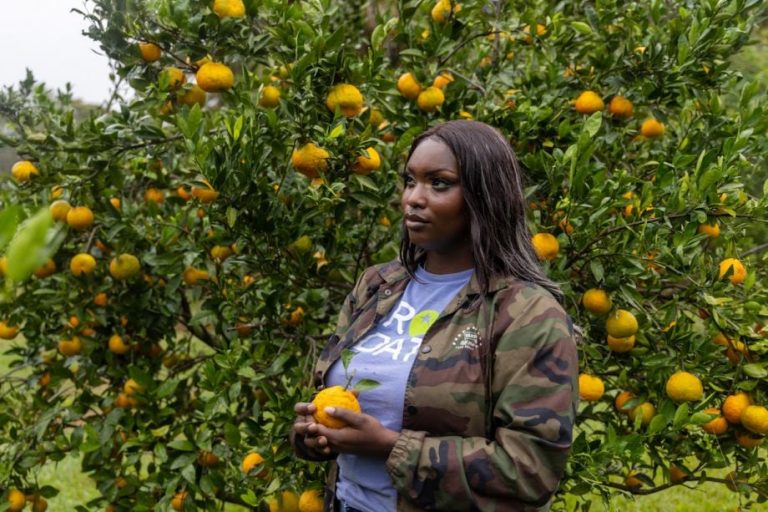Meatpacking Workers Say Tyson Foods Makes Them Fight To See The Doctor
The open gash on his right arm oozed blood in a crimson arc, like a neat lipstick smear. It dripped down fast, breaking out into rivulets, so he pushed his arm away from his body. The blood settled in a pool on the floor.
Andre Ngute sustained this painful injury in March 2022 at a Tyson Foods meatpacking plant in the tiny rural town of Columbus Junction, Iowa (population 2,132). He had been working elbow-to-elbow on the kill floor wielding sharp knives when one slipped and sliced him. (Ngute requested to use a pseudonym because he fears retaliation.)
Nurses in Tyson’s on-site infirmary wrapped his arm in brightly colored bandages.















